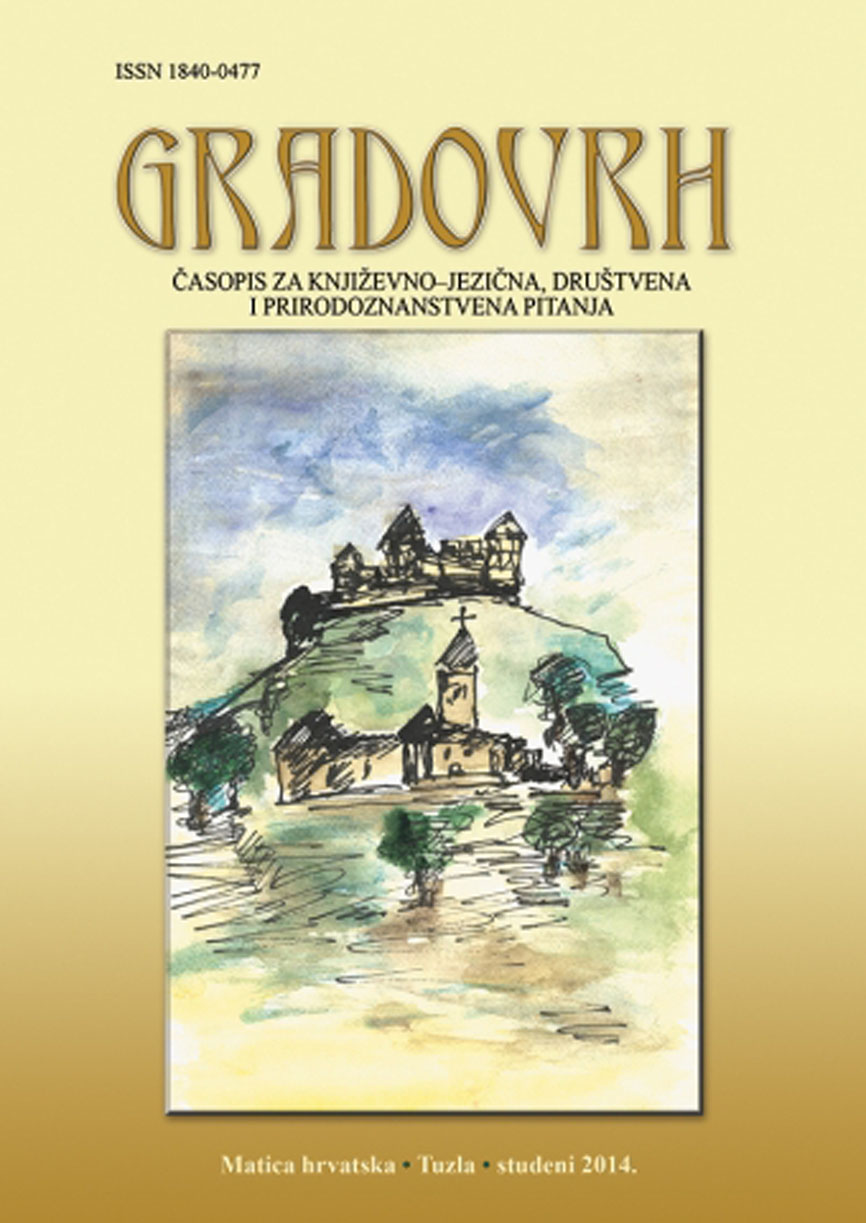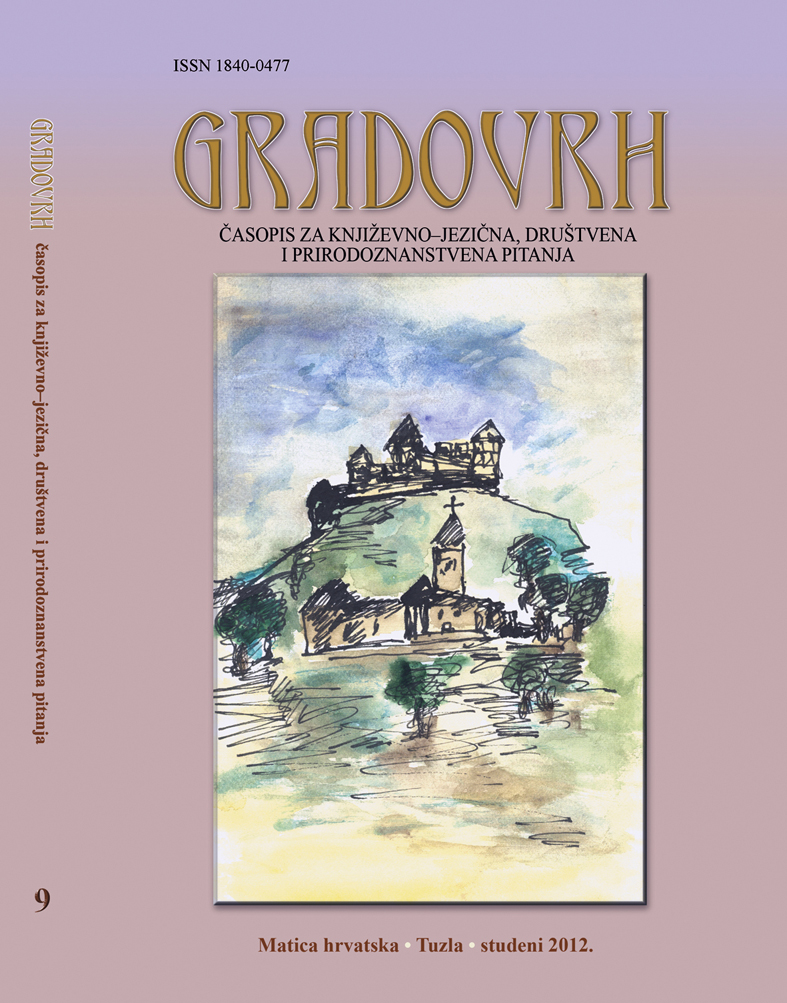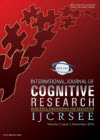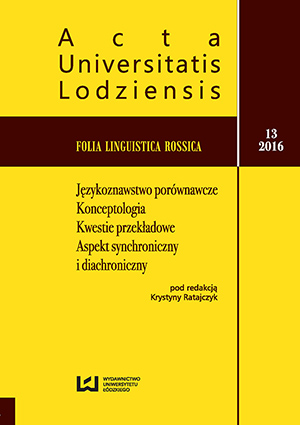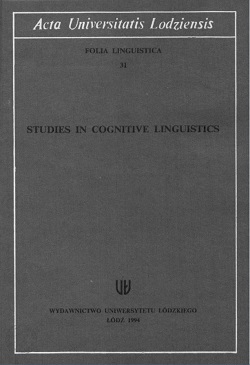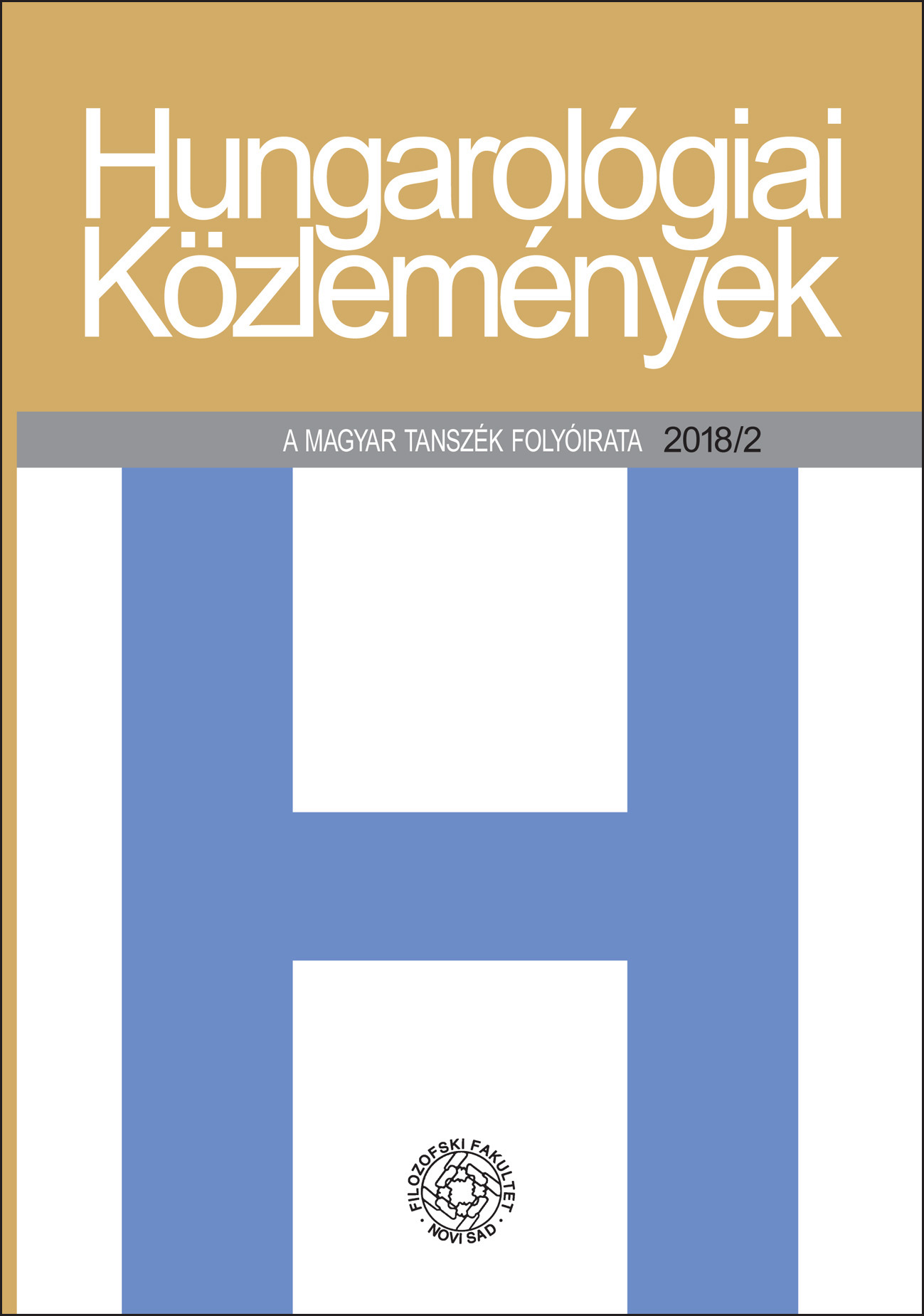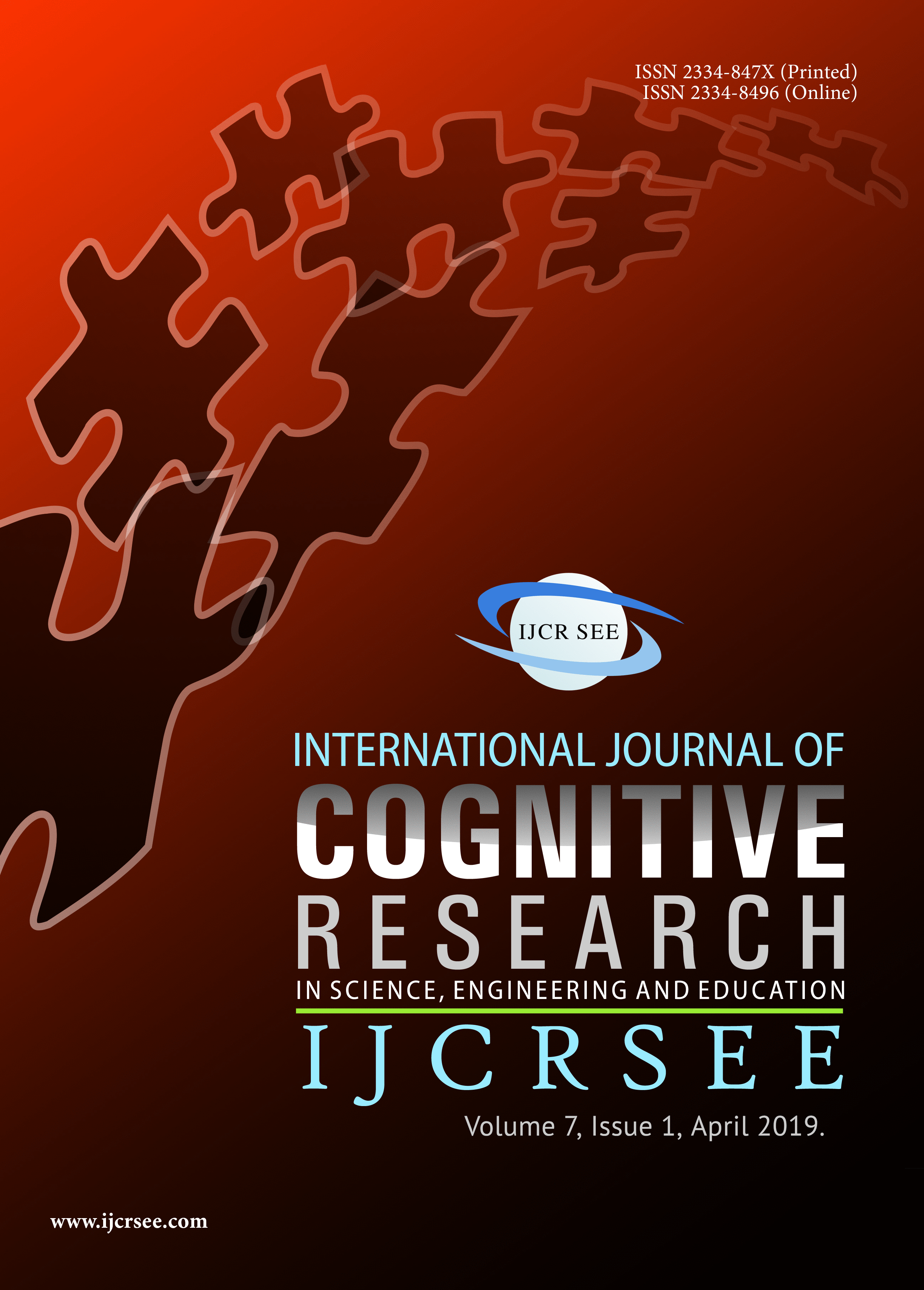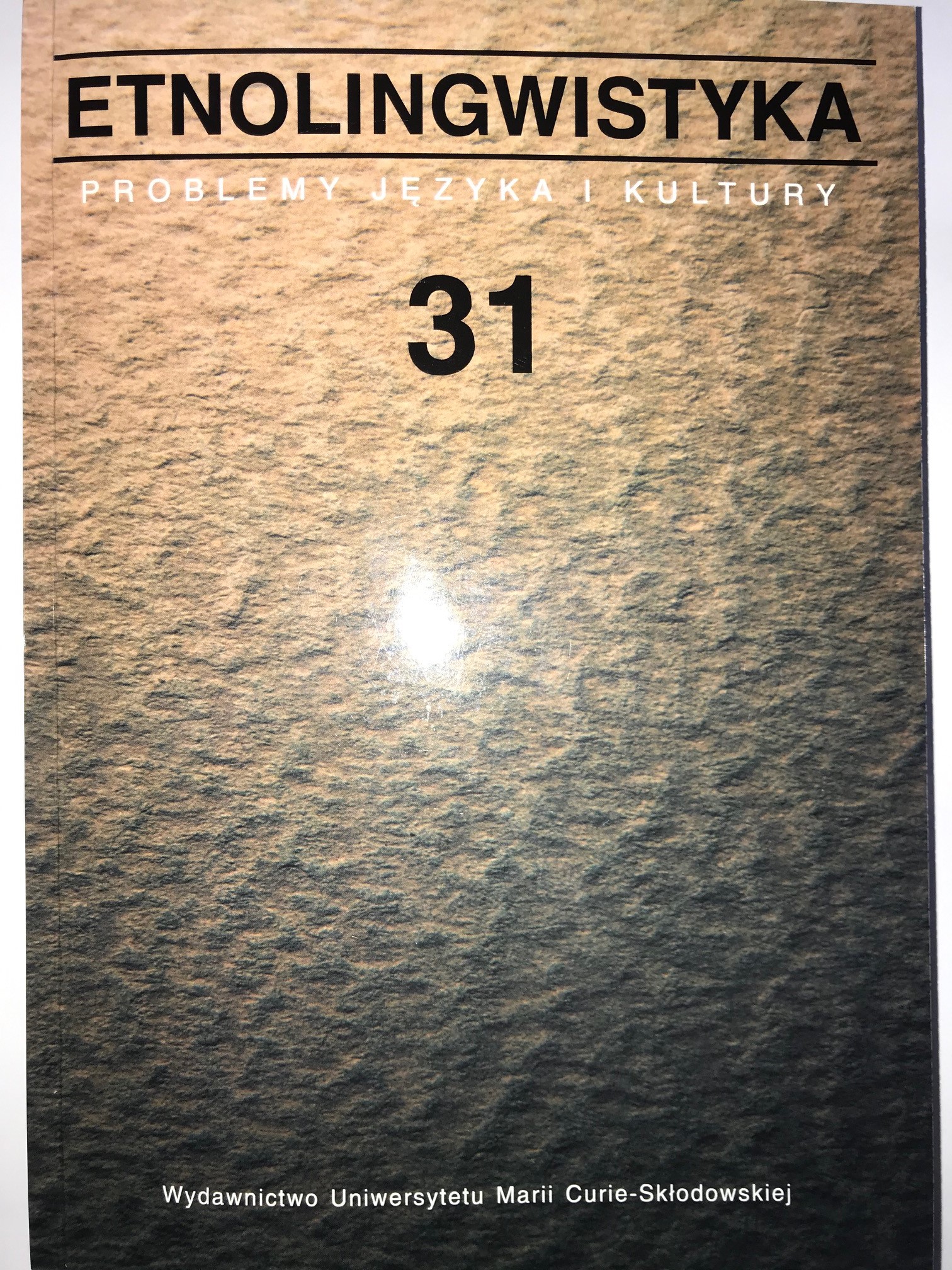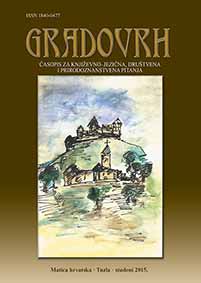
Netspeak: Linguistic Properties and Aspects of Online Communication in Postponed Time
Considering that synchronicity is one of the dimensions upon which electronic communication can be categorised, the present paper examines the linguistic properties and distinctive features of online communication in postponed time, in the context of English as a global language, and Netspeak as a new electronic medium of communication. The paper looks at the ways in which the nature of the electronic medium and the global use of the Internet are having an impact on the English language. This corpus-based study, for which data were collected from several Internet sites, places particular focus on the characteristics of English used in asynchronous settings such as various discussion forums. The analysis, based on Crystal’s model (2001), portrays a number of highly distinctive features of Netspeak, proving that the language of communication in postponed time is heavily affected in terms of graphology (emoticons, punctuation) and the lexicon (blending, compounding), with areas where it is relatively easy to introduce both innovation (nonce formation and other ludic Netspeak extensions) and deviation (abbreviations, acronyms).
More...
